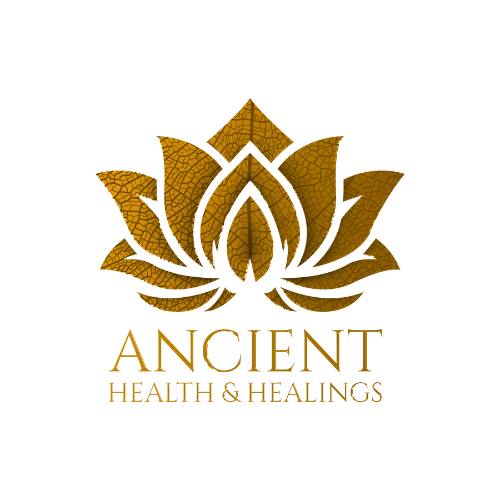Your hand soap is full of hidden nasties, are you reading the labels?!
For centuries our ancestors used natural animal tallow mixed with essential oils to keep clean.
They did this by making the first bars of soap!
What do we use for soap now?
Inferior seed oils and cheap chemical perfumes that neither clean, cleanse nor moisturize!
In fact, the FDA has now banned certain chemicals in our soaps due to the safety risks.
Don't believe me?
Triclosan: Triclosan is an antibacterial and antifungal agent that was once common in antibacterial soaps. However, due to concerns about its long-term effects and potential contribution to antibiotic resistance, the FDA banned the use of triclosan in consumer hand soaps and body washes in 2016.
Triclocarban: Similar to triclosan, triclocarban is an antibacterial agent. It has been banned or restricted in some formulations due to concerns about its environmental impact and potential for endocrine disruption.
Phthalates: Phthalates are a group of chemicals used to make plastics more flexible. Some phthalates have been associated with potential health risks, including endocrine disruption. Certain phthalates are restricted or banned in cosmetic products in the European Union.
Formaldehyde: Formaldehyde is a preservative that has been linked to skin irritation and other health concerns. Formaldehyde and certain formaldehyde-releasing agents are restricted in cosmetics in the European Union.
Parabens (Certain Types): Some types of parabens, which are preservatives, have been restricted due to concerns about their endocrine-disrupting potential. Methylparaben and ethylparaben are commonly used in cosmetics but are subject to certain concentration limits.
Quaternium-15:
Quaternium-15 is a preservative that releases formaldehyde. Due to concerns about formaldehyde exposure, it is restricted in cosmetics in the European Union.
Dioxane
1,4-dioxane is a contaminant associated with some surfactants and ethoxylated ingredients. It is a known animal carcinogen, and its presence in cosmetic products is regulated in some regions. Like why do we even need all these funky sounding chemicals?
So how about Tallow instead?
Tallow soap works well because it is similar in composition to the natural oils produced by human skin. This similarity makes tallow soap gentle and nourishing, reducing the risk of irritation or dryness
Tallow contains essential fatty acids and vitamins, such as A, D, and E, which help
maintain the skin's natural moisture barrier, keeping it hydrated and supple.
Tallow soap produces a rich, creamy lather that effectively lifts dirt, oils, and impurities from the skin without stripping away its natural oils.
The dense and stable lather penetrates deeper into the pores, ensuring thorough cleansing while maintaining skin balance.
Tallow Soap has a track record of centuries for cleaning skin gently and effectively.
On top of all that, no toxic chemicals!
Grab it here!



